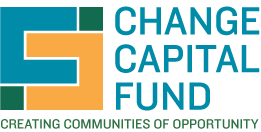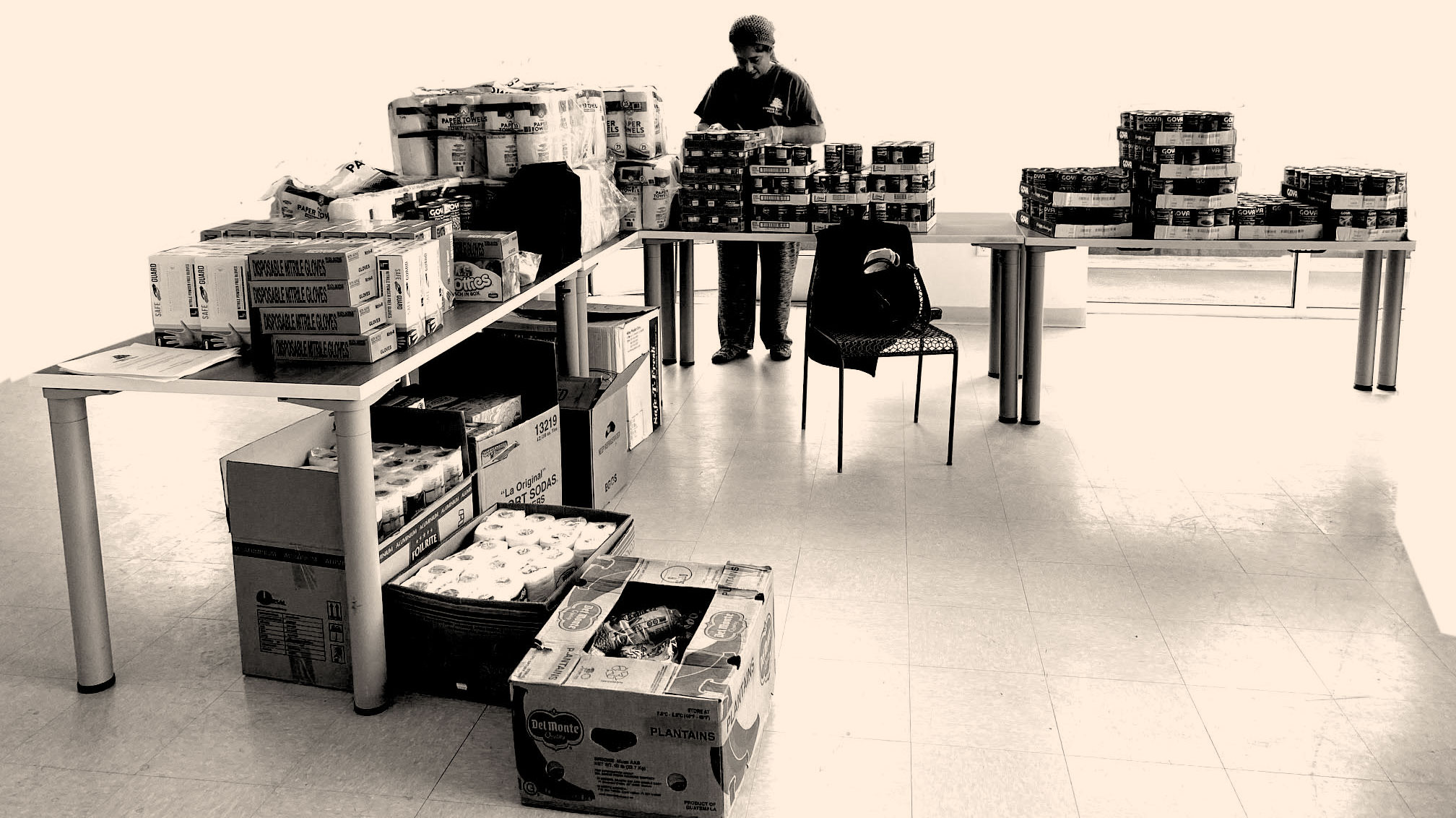Bedford Stuyvesant Restoration Corporation (BSRC), the nation’s first Community Development organization, began in 1967 as an economic development extension of the civil rights movement. Today, BSRC is focused on closing the racial wealth gap by empowering Black families and businesses to build net worth and strengthen the community. During the height of the pandemic while they delivered urgent services, they completed a strategic plan that set long-term goals to increase the stability and upward mobility of black families by helping 1,000 families over the poverty line, generating $20M in savings, and positioning 2,500 customers for prime mortgages and homeownership per year. They also intend to grow Black-owned businesses and revenue by 5%. BSRC services are offered borough-wide; they are headquartered in Bed-Stuy at Restoration Plaza, a center for arts, services, and workforce development. Restoration is planning the Plaza’s transformation into a tech innovation hub, offering arts, entrepreneurship, and technology training.
As the pandemic caused a massive economic shutdown, BSRC found that jobs were the highest priority for their clients. During the first few months of the pandemic, they helped 135 residents access a range of jobs from frontline workers to remote call centers. The Brooklyn Business Center helped businesses to survive during the pandemic by helping them access PPP loans and other support. They helped secure $4.5 million in capital, yielding $1.97 million in sales increases, 113 new employees hired, and 23 businesses saved.
Restoration’s Center for Personal Financial Health helps employer networks launch and advance careers, and helps clients manage personal finances. Through adaptation and innovation, they have been able to sustain their reach during the pandemic assisting some 4200 people in six months even though new sites that opened in February had to close in March. Staff sent countless texts, finding individualized messages most effective.
Work with clients, especially those on food stamps, became exponentially harder because not every client had a computer, the ability to scan or share files or a comfort level in conducting on-line transactions. With public phone systems overloaded and seeing this knowledge-gap impeding public benefits access and tax filing, Restoration developed training on computer literacy and provided individual bridges to address the digital divide.
BSRC became a distribution hub for food, masks, hand sanitizer, diapers and even air conditioners. They doubled down on social supports, making wellness calls, training staff to provide bereavement counseling, and working across services to identify and refer people to mental health supports and to prevent evictions. They also distributed cash, pioneering a relationship with MoCaFi, an African American-owned national fintech platform. In six months, they provided emergency cash grants of up to $400, while also enabling over 100 residents to access affordable bank accounts.
CCF’s consultant is coaching Restoration’s new Quality Assurance Director, and CCF grant funds are supporting the development of an organization-wide data system along with training for staff on how to use data to fine-tune programming.

